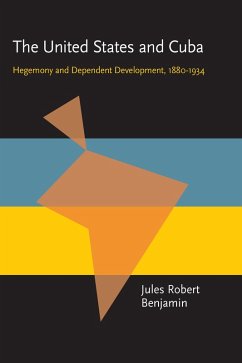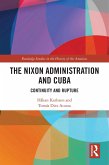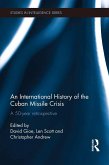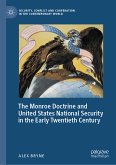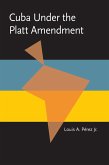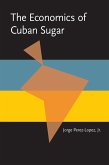From its independence from Spain in 1898 until the 1960s, Cuba was dominated by the political and economic presence of the United States. Benjamin studies this unequal relationship through 1934, by examining U.S. trade, investment, and capital lending; Cuban institutions and social movements; and U.S. foreign policy. Benjamin convincingly argues that U.S. hegemony shaped Cuban internal politics by exploiting the island's economy, dividing the nationalist movement, co-opting Cuban moderates, and robbing post-1933 leadership of its legitimacy.
Dieser Download kann aus rechtlichen Gründen nur mit Rechnungsadresse in A, D ausgeliefert werden.

